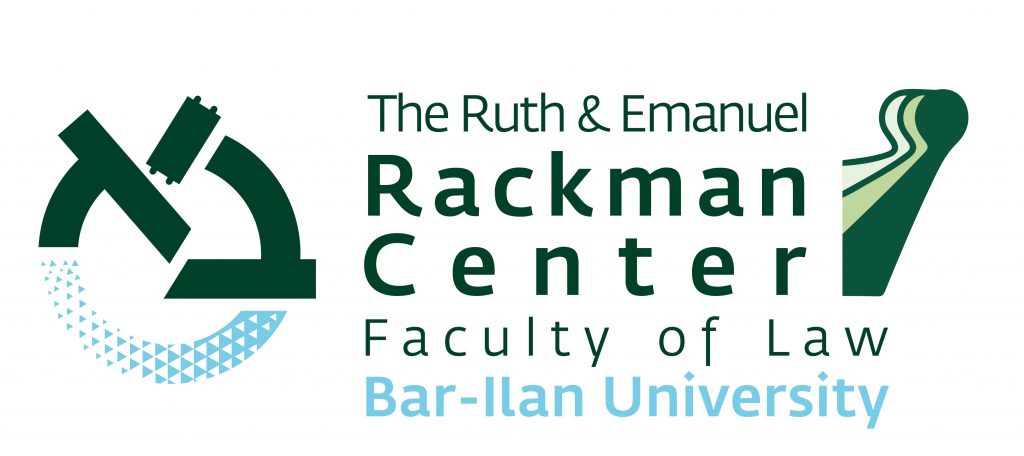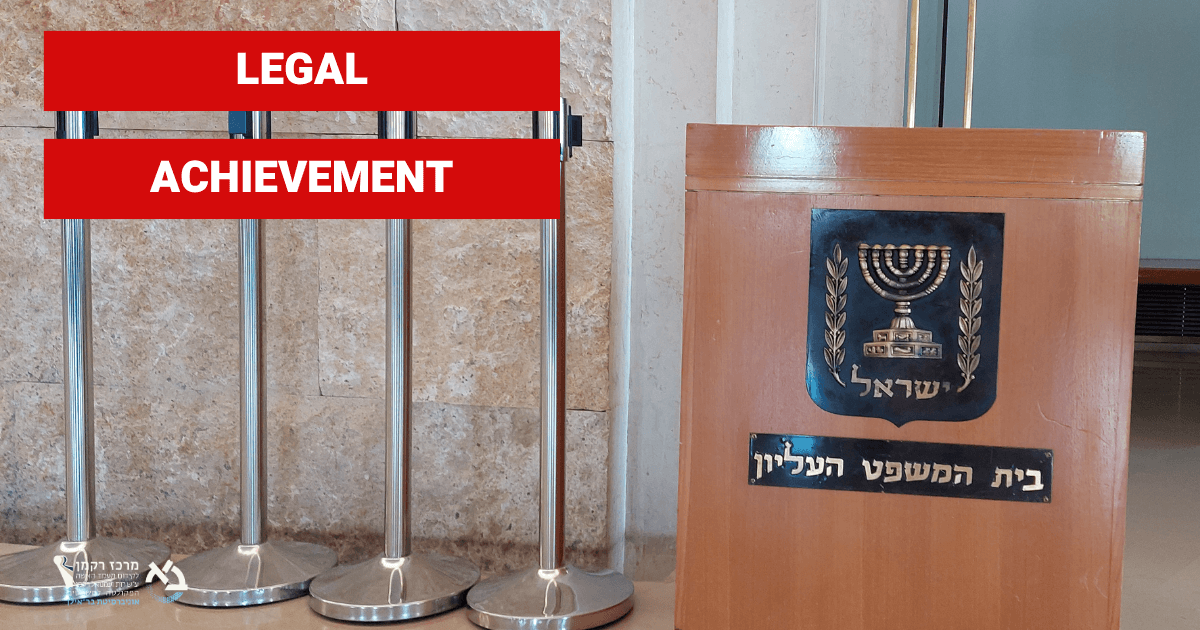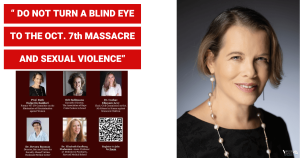The Rackman Center is proud to announce our latest legal victory. In response to our petition, Israel’s High Court of Justice ruled that women can be considered as appointees to the Assembly that elects Israel’s Chief Rabbis. The court accepted our position that the term ‘rabbis’, as it appears in Sec. 7 of the Law of the Chief Rabbinate, should be interpreted broadly and consistent with the principle of equality. As such, it should also refer to nashot halacha – women who have studied Jewish law in higher education and/or serve in the position of rabbi or spiritual leader.
The Assembly that elects Israel’s Chief Rabbis is combined from 80 rabbis and 70 public officials and representatives. In the last election, very few women were included among the public officials and representatives (about 10% of its 150 total members) while no woman was included among the seats reserved for rabbis. This is true even though there are 10 seats reserved that have no prerequisites attached to them and are open to anyone.
The majority decision was given by Judge Barak-Erez and Judge Amit against the opinion of Judge Mintz.
Judge Barak-Erez wrote in her decision that:
“The determination that the term “rabbis” also includes “rabbis” who are nashot halacha – women with a high degree of religious and Torah education – was not intended to “sanctify” the appointments or imply a compromise in the religious requirements in relation to them. The opposite is true: it expresses the full belonging of women to the world of the Torah and their ability to contribute and enrich it, using the Torah and Halachic knowledge they have gained in their studies and their life experience. The selection of women in the usual slot of “public representative” according to Section 8 of the Chief Rabbinate Law does not provide a sufficient response to this important value.”





